
Aktualno
Članek
Disowned by generals: Sefer 'Boris' Halilovic intended a coup and a conflict within RBiH Army!
Of all the former Yugoslav republics, it is only in Bosnia and Herzegovina that ex members of the secret police and intelligence officers of JNA's KOS (counterintelligence service) are allowed to (leg
.jpg.webp)
Of all the former Yugoslav republics, it is only in Bosnia and Herzegovina that ex members of the secret police and intelligence officers of JNA's KOS (counterintelligence service) are allowed to (legally) head political parties. That in itself presents a serious security deficit of Bosnia and Herzegovina or, to be more precise, of Bosniaks who are the only Balkans nation without its own intelligence service.
If there was one, such service could control the existing chaotic situation in the public, which has been enforced with same intensity from the first day after the war until present day. Modernization of the security system would chase away many known and unknown protagonists. At least we would not have to listen to political speeches of some generals. One of them is Sefer Halilovic.
It seems illogical that BiH has not yet 'dealt with' the members of KOS in a systematic manner. Many books have been written on the topic, which included numerous transcripts of intercepted telephone conversations between commanders and, finally, statements by witnesses who are still alive. Sefer Halilovic, former intelligence officer of JNA, code name 'Boris', instigated conflicts within RBiH units and prepared a coup. Those are the facts that stem from numerous witnesses' statements, and from intercepted telephone conversations following rebellion by some brigades in Sarajevo on the 2nd and the 3rd July 1993, as well as the October cleaning those units of criminals.
The retired general of RBiH Army, Sefer Halilovic, has obviously remained active after the war, which was publicly revealed by the Association 'Zelene Beretke' (Green Berets). They fiercely criticized Halilovic's statements of earlier this year: during an interview on TV1, he said that in the case of a war, Republika Srpska would not last 15 days. It was an outright undermining of the Dayton Peace Accord and asking for a new conflict. One could say that Halilovic threatened with a war!
The Association Bosnae – Green Berets, which gathers the organizers of the resistance from the beginnings of the nineties, war veterans, volunteers, defenders of the country, categorically said that Halilovic's statements reflected his personal views, and that Bosniaks do not want another conflict.
They posed a logical question: Who does Sefer Halilovic work for and on whose behalf does he speak, as all he speaks about serves goals of 'Grand Serbia'?
Some facts from the previous war about his evident undermining of this country cannot be erased. There are statements from living witnesses which deeply compromise Halilovic. A number of books have been written about his war activity, based on authentic documents and stenograms, which confirm almost identical witnesses' statements.
Before the reaction of the Green Berets, Association of Generals of BiH said: Enough! The association expelled Halilovic from its membership as a reaction, response and a kind of denial to the film 'The way Bosnia and Herzegovina was betrayed' authored by Semir Halilovic, Sefer's son. The film was financed by the cantonal ministry of veteran affairs, whose minister is a member of Halilovic's political party.
Three associations, the Association for protection of the legacy of the fight for BiH, the Association of Army BiH generals, the Association for protection of name and dee of Territorial defense BiH, responded with a documentary film 'Sefer Halilovic – a villain'. Because he smeared the name of Army BiH, they say.
The statement by Ahmed Tabak, who was arrested on 3 October 1993 in Parsovici by the order of the commander of the 45th brigade, Hasan Hakalovic, only confirms Halilovic's attempts during the war to influence others in the most brutal and criminal way. Tabak was brutally tortured and beaten up for several days so as to force him to make statements against key persons of the military, political and police authority of RBiH.
Tabak said that, in the house where he was detained, there were Haso Hakalovic, security official of his brigade, Jusuf Hadzajlija called Homeini, and some men whose names he heard later on: Adis Pirija (Hadzajlija's son-in-law), Alija Demirovic and some guy from Sandzak called 'Butcher'.
- There was also a soldier there who was very civil to me, who quickly quit my 'questioning'. Homeini started asking me questions such as how I was, who I was, where I come from, and then looking at my documents, shouted: 'I know just who you are, you are MUP's spy in the Army!' Of course I had my military ID and a MUP's ID to ease my way around when going about my tasks.
During testifying, Tabak revealed how they tried to incriminate him by planting 'white powder' on him. It was Aspirin owned by his partner Jasminka.
- After Jasminka left, Butcher threw himself on me and started beating me and kicking me. Homeini, Alija and Adis joined him – they were beating me using their fists, legs and police sticks, all four together. While beating me, they were asking me questions such as: 'How much money did you put in Swiss bank for Alija Izetbegovic, how much did you pay for his house in Switzerland, how much money did you take out of the country for Delic and Bakir Alispahic, how much for hadzi Cengic, how much did you pay for their houses etc.
Tabak explained that 'the more I tried to explain that I had no clue what they were talking about, the more they tortured me'.
In the afternoon of 3 October 1993, they asked him to write a statement, but since they were not pleased with what he had written, they continued beating him.
- That night they took me to a house across the street where I slept over in a room with military police. The next day (Tuesday) they came for me around 10:00 a.m. and took me to the same room as the day before. Besides the four regulars (Homeini, Butcher, Alija and Adis), I found there new faces: Ramiz Delalic-Celo and Semir Halilovic, an 11 year old son of Sefer Halilovic.
- Delalic asked me if I knew 'Ajetul-Kjursija' (Islamic prayer) and with Semir, the son of Sefer Halilovic watched my further 'questioning' – kicking, beating with fists and police stick, swearing, shouting etc. Semir, Sefer Halilovic's son was present throughout the torturing. Ramiz Delalic-Celo was only an observer of the physical torture over me, Tabak underlined in his testifying and added: 'It is unbelievable that Sefer was willing to expose his young son to such traumatic experience.'
- After those two left, they ordered me again to write a statement and when Homeini read it, they continued to beat me, citing some lines from the statement they were not happy with. At one point, it became clear to me they would not let me go, especially after the visit of new persons that day. Bathed in blood, swollen and deformed, I asked with a hint of sarcasm: 'Mr. Homeini, please don't beat me anymore, tell me what to write and I will write it and sign it, or you write whatever you wish, and I will sign it!
- That's when all four threw themselves on me and gave me the worst beating. 'Butcher' smacked me over the face with the stick and broke my tooth. That night they threw me at the attic of the house some 20 m away from the room where they tortured me. My armed guards were on the first floor. Sometimes during the night I woke up, walked down to the floor with toilet and managed to escape through toilet window.
- I was hiding in the forests for three days. Three days took me to get to Fojnica on foot. I knew the area well as I had been there many times before. Saturday night (8-9 October 1993), I managed to get into Fojnica and find my true friend Mensur Pasalic. He was shocked by the state I was in and by my story.
- On Saturday night, I was transferred home and when I finally put it all together and with some new findings, I was able to conclude the following: On the day I was arrested, the entire state, military and police apparatus was absent: president Izetbegovic was in Brussels, Ganic and Silajdzic in Vienna, RBiH Army Commander Rasim Delic and the Interior Minister Alispahic were 'stuck' with UNPROFOR in Bosanska Krajina due to outburst of conflict with Fikret Abdic, Tabak tells and continues: 'Somebody must have identified me as a person close with all those people, Izetbegovic, Delic, Alispahic, Hasan and Halid Cengic...'
- Having perceived me as such person, an aide, they attempted to force 'the evidence' out of me, written statements about alleged 'malversations' which they would use against all those absent at the time. And when these officials would return, there would have been entirely new order and they would be dismissed, dealt with and what have you... And I would have probably ended up with a bullet in my head and an explanation that they found a kilo of drugs on me, that I tried to kill the guards while attempting an escape or something to that effect... which suits such concept, Tabak explained.
Tabak's testifying was quite accidentally confirmed by transcript of telephone conversation between Ismet Delalic-Celo, the deputy commander the 9th brigade and the security officer of RBiH Army, Jusuf Jasarevic. Without any knowledge that the conversation was being recorded, Delalic revealed to Jasarevic that he saw the torturing of Ahmed Tabak: 'They met with Sefer at Zuka's HQ; he said that they arrested some effendi (Tabak) who knew a great deal of things about Delic, about this and that, he sent me to Buthcer, Sefer's son was there too, to see who he is...' 'Who sent you', Jasarevic asked. 'Sefer, that is, he sent Butcher to question this guy, to beat him, and I said I would go too to see who he is. When I got there, I saw that man, they were beating him up, torturing him', Delalic said.
Jasarevic asked what Sefer’s goal was, torturing that man to find something out about the commander Delic. What kind of information was he after?
- I don't know, Delalic said, but ever since he was dismissed from the position, he has kept looking for something against Delic, against this or that...
The stenogram of the telephone conversation between Delalic and Jasarevic was entirely cited in Fikret Muslimovic's book 'Liars and Murderers'.
Izet Jurkic, the commander of the 9th brigade in Sarajevo Corps, was a witness when his deputy Delalic confirmed that an imam from Visoko (Tabak) was arrested in Herzegovina, questioned and beaten up.
Sefer Halilovic's ambition is insatiable, there is only a question of his motives. He came under suspicion when he had posters, key chains and badges with his face and name printed out in spring of 1993. Sarajevo was under the siege then, people were hungry, and the Army commander Sefer Halilovic spent a few hundreds of thousands for self-promotion.
Many officers were bewildered by that. It was found out that Sefer Halilovic was behind the rebellion of some brigades in Sarajevo on 2-3 July.
A massacre and a full blown internal war within the Bosniak corps, as was the one with Fikret Abdic, was dodged in the nick of time. Sefer Halilovic was dismissed and Rasim Delic was appointed the commander of the RBiH Army. Halilovic was afterward appointed the Head of RBiH Army HQ, however, after having spent three months in Herzegovina, he was dismissed from the army.
The order of his dismissal was unanimously issued by the Presidency of Republic Bosnia and Herzegovina.
The dismissal of Halilovic was based on specific reasons, which were not publicly revealed for the sake of protection of interests and security of the country, and the Armed forces of BiH, it was said in the document 'The Conclusions of the Commanders’ Collegium' dated April 1994, which implemented the order of its supreme commander, the Presidency of RBiH.
#English
Najnovejše
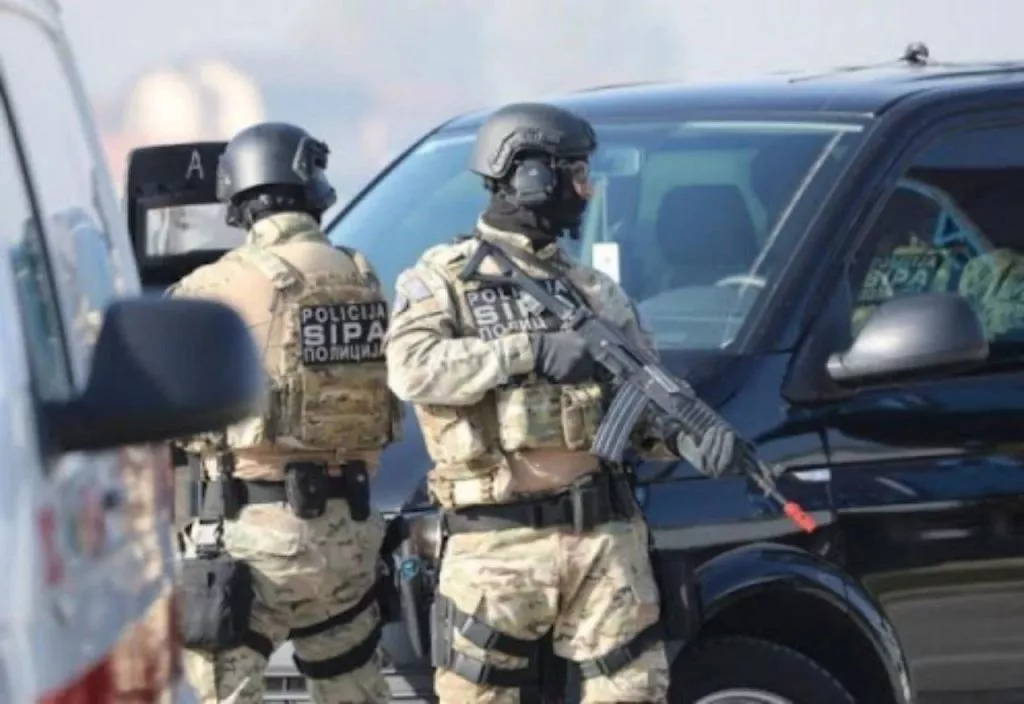
SIPA demantuje navode o 'nacionalnom disbalansu': U penziju idu 53 službenika, ne 495!
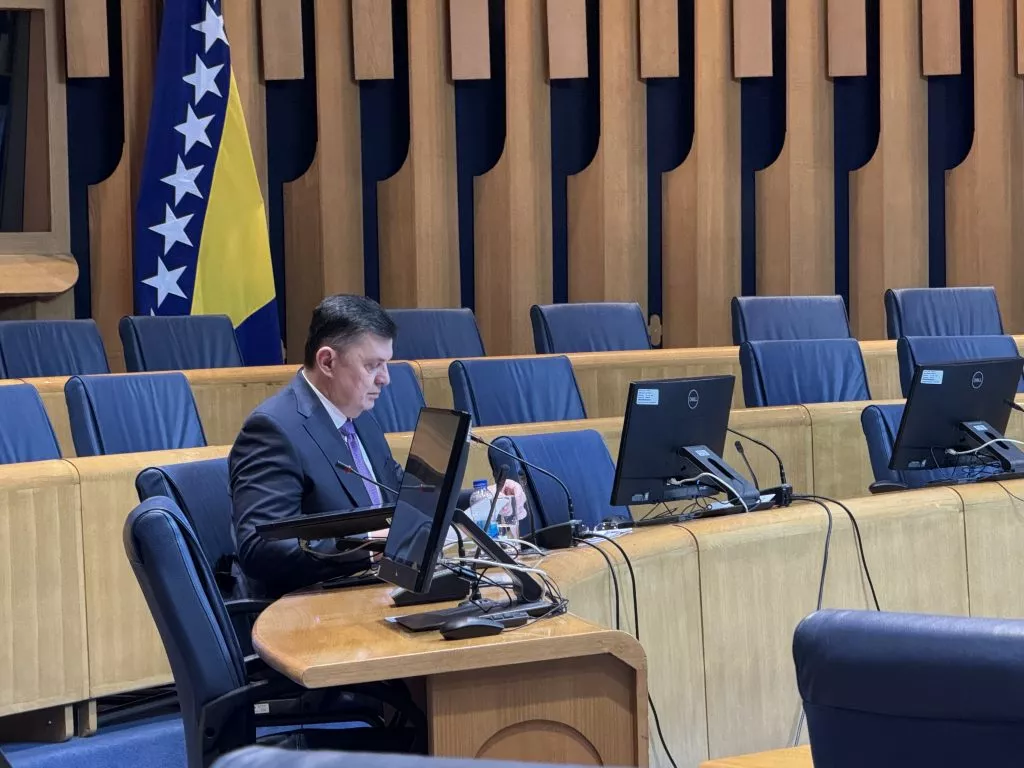
Komisija za borbu protiv korupcije o stanju u UIO: Slijedi li saslušanje direktora Zorana Tegeltije?

Trump: Počelo je zlatno doba Amerike
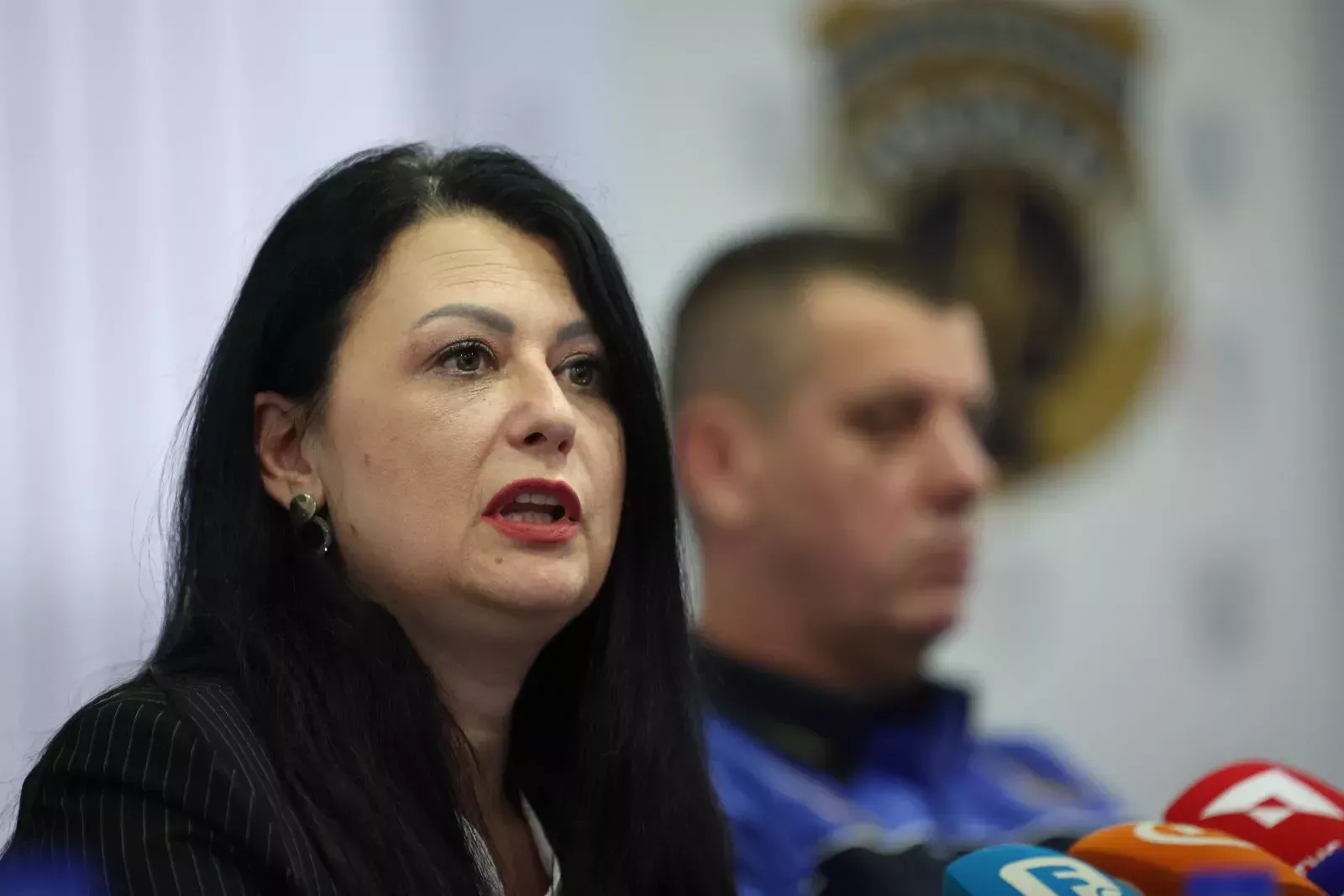
Dugalija i Hajdarević danas o istrazi u slučaju tragične tramvajske nesreće
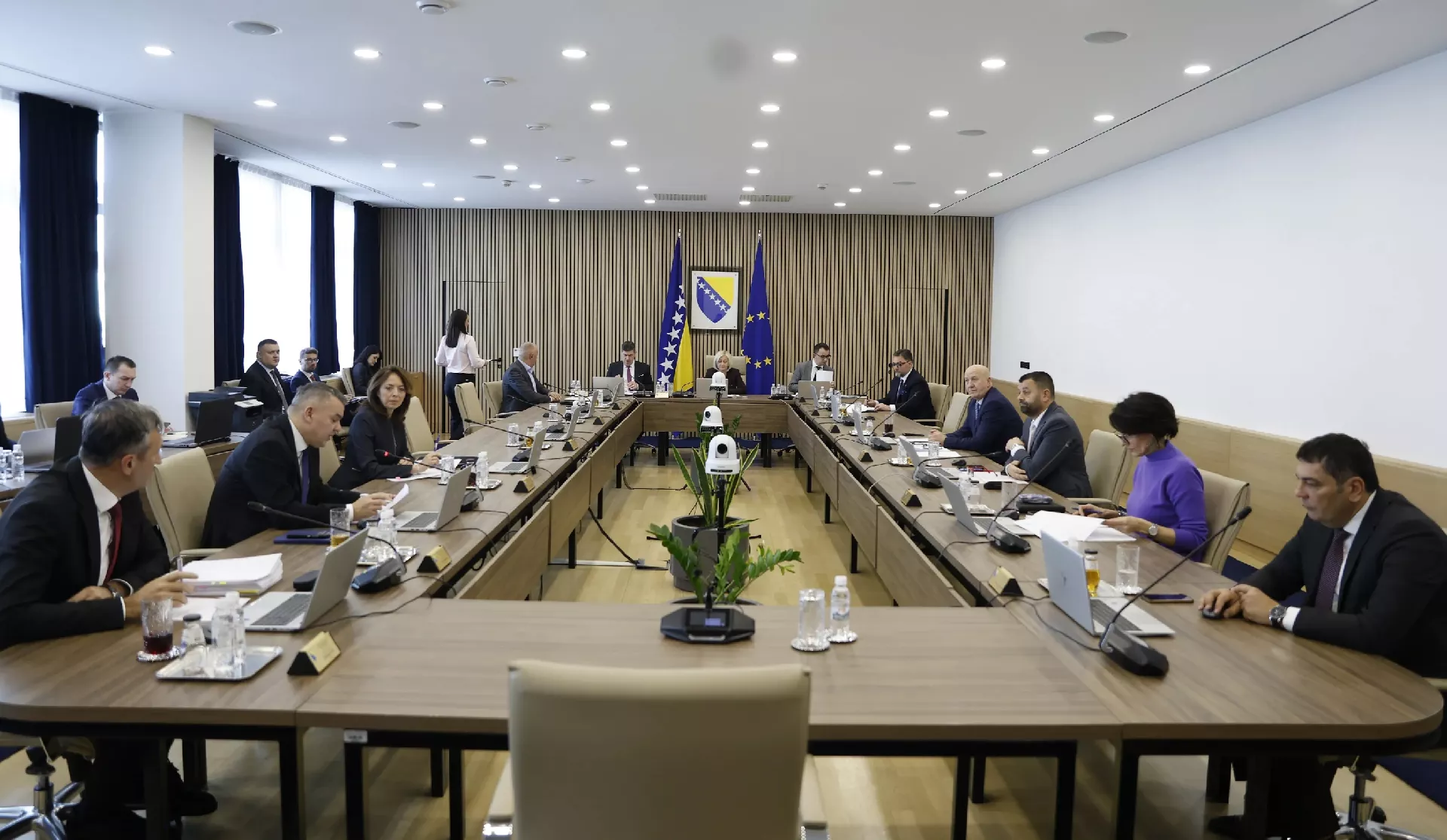
Vijeće ministara BiH danas o Nacrtu zakona o dopunama Zakona o komunikacijama
Najbolj brano
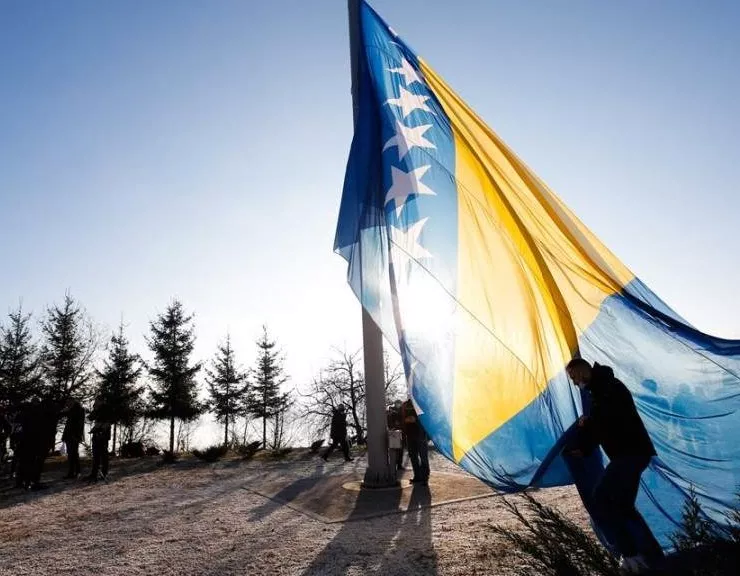
Dan nezavisnosti BiH obilježava se 1. marta i ne prenosi se, Hota-Muminović proglasila i 2. mart neradnim danom?
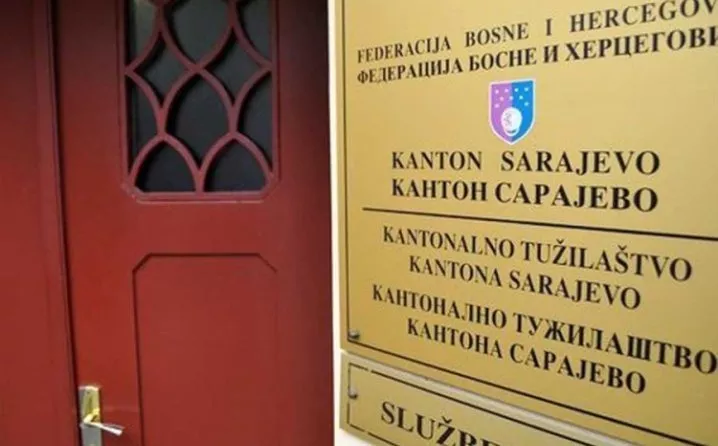
ŠTETA I UK NE ZNAJU Tužilaštvo KS neće provoditi istragu o dugu KJKP Gras zbog neplaćanja poreza i doprinosa
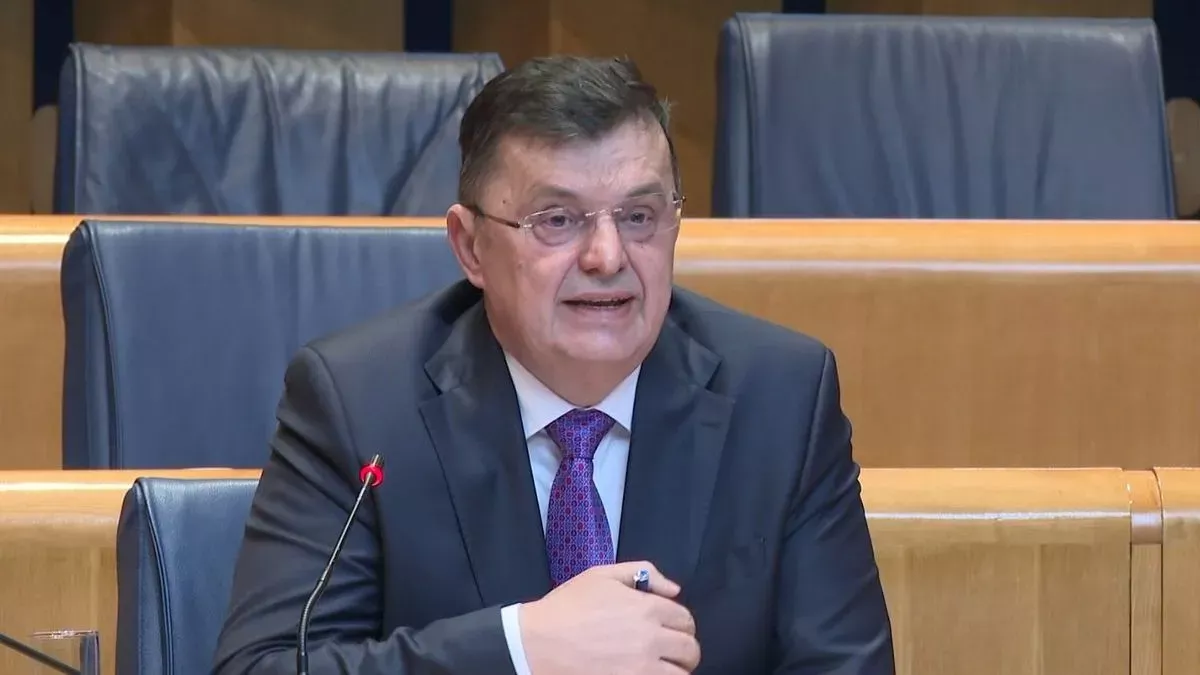
Komisiji za borbu protiv korupcije stigle prijave: Ko unaprijed gradi carinske terminale za UIO i kome se pogoduje
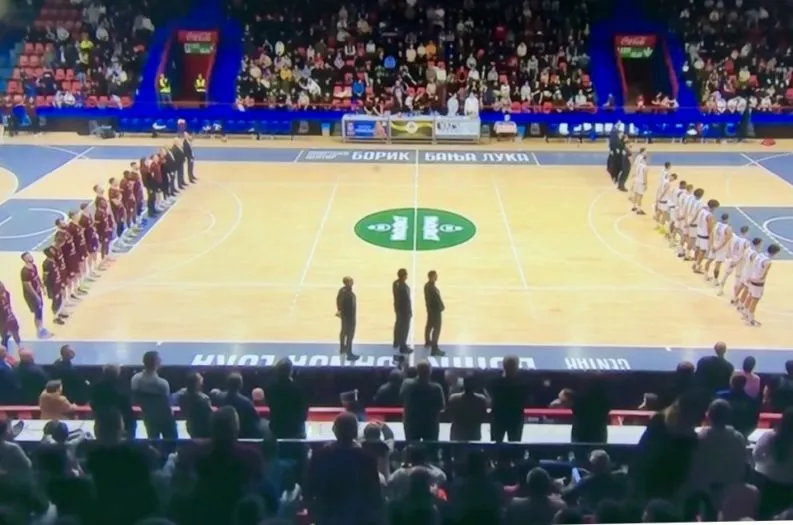
UTAKMICA BORCA I BOSNE U Banja Luci izviždana i prekinuto intoniranje himne BiH

Vlada KS: Rekonstruisana tramvajska pruga ima sve upotrebne dozvole
